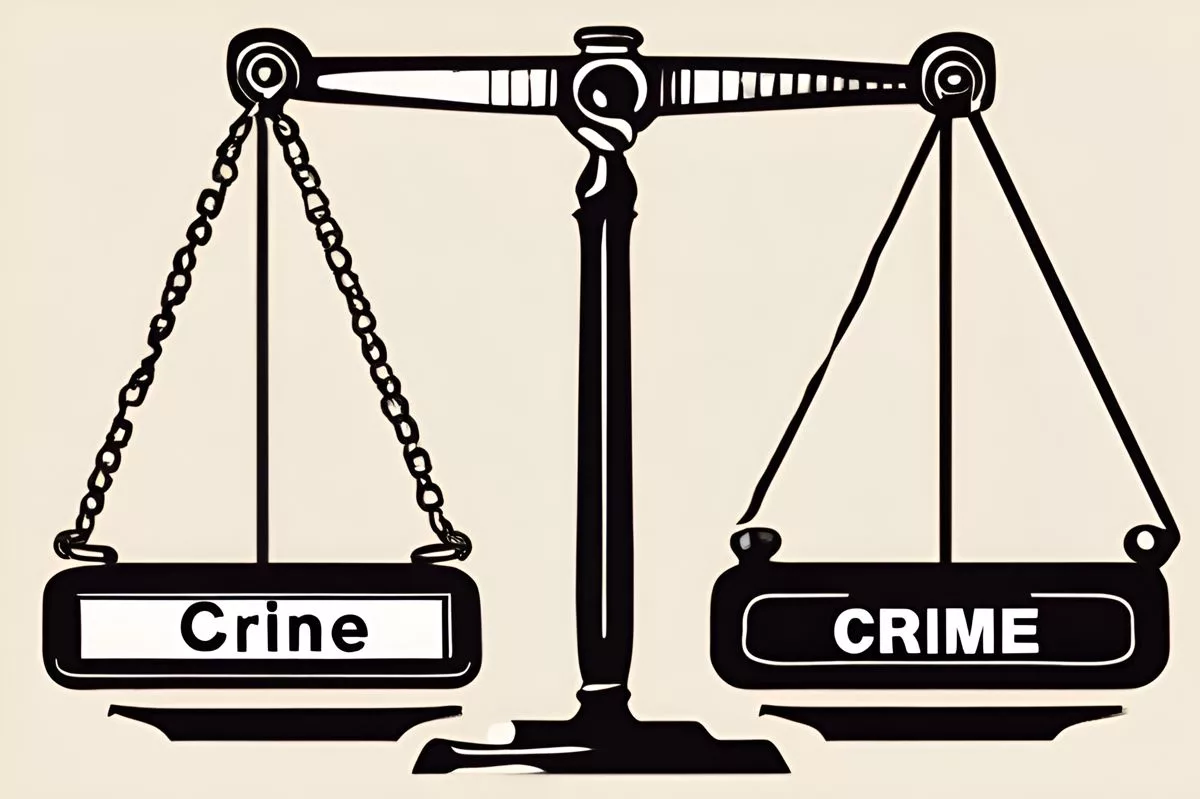The recent investment deal between SA Rugby and Ackerley Sports Group (ASG) could bring transformative changes to South African rugby. If approved, ASG would hold a minor stake in the commercial rights of SA Rugby’s ventures, while SA Rugby retains the majority stakes. The newly formed Commercial Rights Company (CRC) would bolster existing commercial operations by bringing in global expertise and advisers. This strategic move aims to build reserves for future hurdles and invest in strategies that reflect international best practices in the sports industry, ensuring long-term financial stability for rugby in South Africa.
What is the significance of SA Rugby’s recent investment deal with Ackerley Sports Group?
SA Rugby’s recent investment deal with Ackerley Sports Group (ASG) could herald a transformative phase for South African Rugby. If approved by SARU constituents, the deal would grant ASG a minor stake in the commercial rights of SA Rugby’s ventures, housed in a newly formed Commercial Rights Company (CRC), while SA Rugby retains the majority stakes. The CRC would assume the role of the commercial wing of the parent organization, bolstering the existing commercial operations by bringing in global expertise and advisers.
A Ground-breaking Announcement
In the complex world of sports finance, a recent proclamation has provoked a flurry of curiosity, conjecture, and discussions. This surrounds the news of SA Rugby, the executive body for rugby in South Africa, attracting a substantial investment from the American firm, Ackerley Sports Group (ASG). The deal is valued around an astounding R1.42 billion ($75 million). If approved by SARU constituents in May, it could herald a transformative phase for South African Rugby. But why does such a deal hold significance, and what implications does it have?
Rian Oberholzer, CEO of SA Rugby, clarifies these aspects by discussing the key elements of the deal. He emphasizes that the Springboks, the cherished national rugby team of South Africa, are not on the market. If the agreement proceeds, it would grant ASG a minor stake in the commercial rights of SA Rugby’s ventures, housed in a newly formed Commercial Rights Company (CRC). However, SA Rugby would retain the majority stakes, thereby maintaining control over national team and contest management.
An Ambitious Leap towards Financial Sustainability
The CRC, with its operations rooted in South Africa, will assume the role of the commercial wing of the parent organization. Its formation doesn’t disrupt the current state of affairs but bolsters the existing commercial operations by bringing in global expertise and advisers. The primary recipients of this transformation would be the commercial dimensions of SA Rugby, including the sale of broadcast and sponsorship rights and event management.
So, what drives this bold move? The answer is straightforward yet impactful. While the Springboks are consecutive world champions, the financial solidity of rugby in South Africa is not on par with global standards. The sport’s endurance was put to the test during the onslaught of the COVID pandemic. Without any reserves, another financial catastrophe could mark the end of rugby as we recognize it in the country.
Moreover, SA Rugby’s commercial performance is not matching up to its worldwide competitors. To keep the Springboks at the pinnacle and support the women’s team in their pursuit of World Cup success, a substantial alteration in SA Rugby’s revenue-collecting strategies is indispensable. This is where the collaboration with an entity like ASG, with its well-established platforms, networks, and relations, becomes essential.
A Beneficial Partnership with ASG
If the deal gets approved, it would not only bring an immediate financial uplift but also nurture long-lasting financial stability. Beyond a swift cash influx, this strategic initiative aims to build reserves for future hurdles and invest in strategies that reflect international best practices in the sports industry. The deal aims to form a new company, featuring ASG as a minority stakeholder, to supply the required commercial resources to maintain the financial health of Springboks and the rest of rugby in South Africa.
ASG, conceived in 2002 by siblings Ted and Christopher Ackerley, boasts a rich heritage in sports investments. They have owned parts of numerous professional sports franchises in basketball, ice hockey, soccer, and rugby, including a recent collaboration with 49ers Enterprises to control Leeds United Football Club. SA Rugby selected ASG as their favored bidder following presentations in December 2023, valuing their transparent proposal for a commercial partnership offering instant financial benefit and assured income.
The Way Forward
The deal is still in its deliberation stages, with a team zealously working to nail down the specifics. Until the 14 members of SA Rugby endorse it, nothing is definitive. If the deal gets a nod, the new CRC would oversee all current operations of SA Rugby, from compensating the Boks to providing funds to the unions. A final proposal is anticipated to be put forth to the members at the Annual General Meeting slated for 30 May 2024.
In summary, the proposed alliance with ASG aspires to boost South African rugby at every level; professional and grassroots. It intends to expand the revenue foundation of the Springboks and SARU’s commercial ventures, highlighting that this process isn’t just about quick financial gains but ensuring the long-term financial stability of rugby in South Africa.
This calculated move instills hope, not just for the future of rugby in South Africa, but also as a potential model for other sports wrestling with financial stability. Amid conjectures and discussions, the proposed partnership underscores South African Rugby’s commitment to ensuring a prosperous future for the sport and a daring step towards reshaping the country’s sports economics. As Rian Oberholzer confidently states, with the appropriate commercial partners, “we will be Stronger.”
1. What is the recent investment deal between SA Rugby and Ackerley Sports Group (ASG)?
The recent investment deal between SA Rugby and Ackerley Sports Group (ASG) could bring transformative changes to South African Rugby. If approved, ASG would hold a minor stake in the commercial rights of SA Rugby’s ventures, while SA Rugby retains the majority stakes. The newly formed Commercial Rights Company (CRC) would bolster existing commercial operations by bringing in global expertise and advisers.
2. What is the newly formed Commercial Rights Company (CRC)?
The Commercial Rights Company (CRC) is a newly formed company that would assume the role of the commercial wing of the parent organization. It would house the commercial rights of SA Rugby’s ventures and be partially owned by Ackerley Sports Group (ASG), while SA Rugby retains the majority stakes.
3. What are the primary recipients of the transformation brought by the investment deal?
The primary recipients of this transformation would be the commercial dimensions of SA Rugby, including the sale of broadcast and sponsorship rights and event management. The deal aims to supply the required commercial resources to maintain the financial health of Springboks and the rest of rugby in South Africa.
4. What is the significance of the investment deal for South African Rugby?
The investment deal could bring transformative changes to South African Rugby by providing an immediate financial uplift and nurturing long-lasting financial stability. It aims to build reserves for future hurdles and invest in strategies that reflect international best practices in the sports industry, ensuring long-term financial stability for rugby in South Africa.
5. Who is Ackerley Sports Group (ASG)?
Ackerley Sports Group (ASG) is an American sports investment firm founded in 2002 by siblings Ted and Christopher Ackerley. They have owned parts of numerous professional sports franchises in basketball, ice hockey, soccer, and rugby, including a recent collaboration with 49ers Enterprises to control Leeds United Football Club.
6. When will the investment deal be finalized?
The deal is still in its deliberation stages, with a team working to nail down the specifics. Until the 14 members of SA Rugby endorse it, nothing is definitive. A final proposal is anticipated to be put forth to the members at the Annual General Meeting slated for 30 May 2024.












